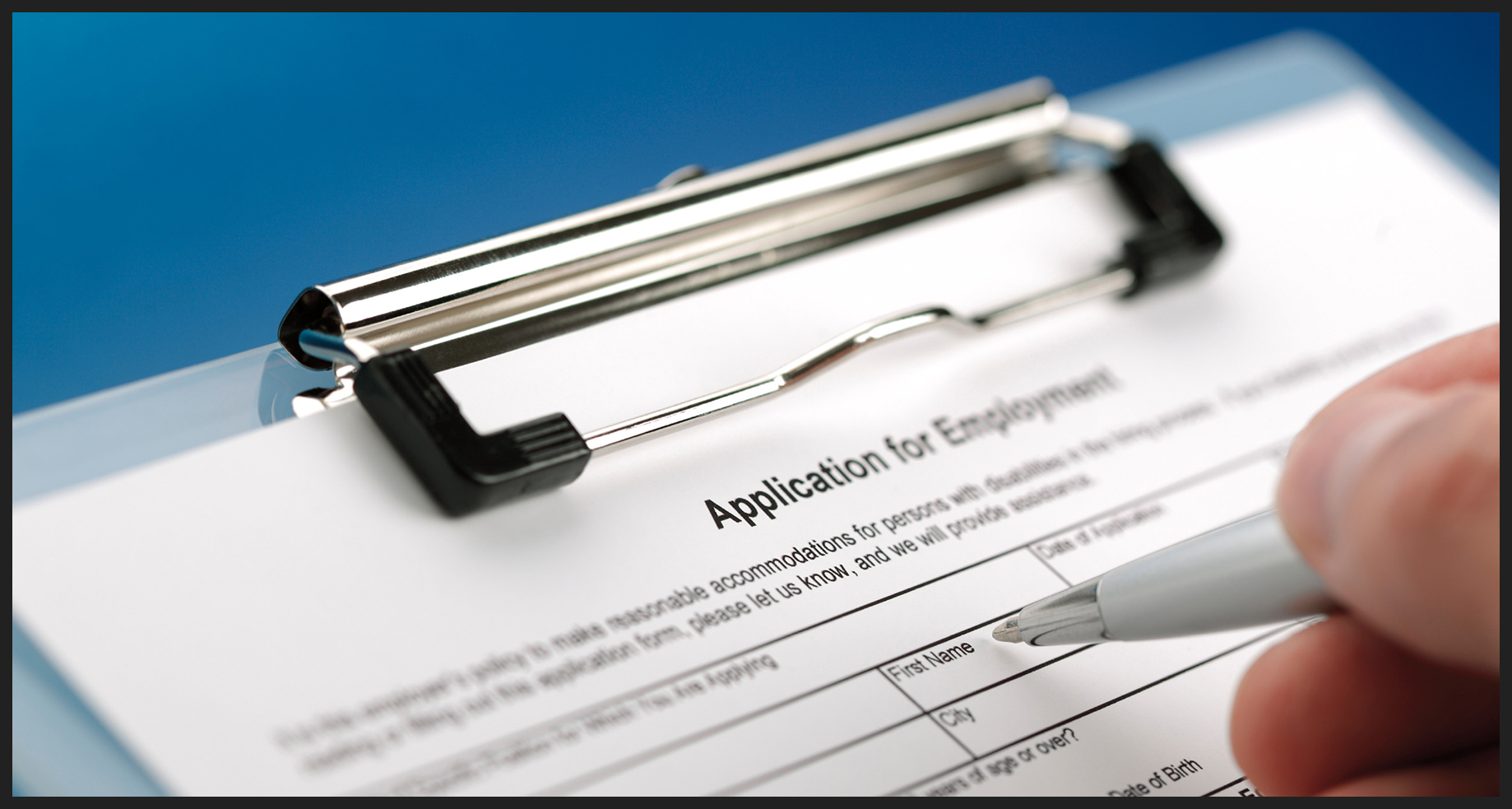
CHAPTER ONE
It’s common for teens to juggle schoolwork and paid work, whether it’s the occasional babysitting job or waiting tables 20 hours a week at a restaurant. Teens need money for hanging out, for hobbies, or for gas for the car. Then there is the cost of big things, such as saving for a car, helping with college tuition, or taking an overseas trip with the school orchestra. It’s understandable why sometimes earning money seems more important than keeping up grades or working on college applications.
Your number one job as a teen is to get good grades, gain experiences from school and community activities, and prepare for higher education. Your education affects job opportunities and how much you will be able to earn. The lifetime median earnings of a worker with just a high school diploma is $1.3 million. It may sound like a ton of money today, but it averages to $15 per hour—that’s not much once you consider daily expenses and how long you could live. Americans with a bachelor’s degree can plan on median lifetime earnings of $2.3 million. Those who stay in school for a doctoral or professional degree, such as medicine or law, earn a median of $3.6 million.
Although there are certainly exceptions to this rule, having a college degree increases your chances of earning more money and opens more doors to interesting, fulfilling careers. As the chart indicates, nearly 80 percent of people who earn $200,000 a year or more have a bachelor’s degree or higher. Less than 10 percent of people at that income level have only a high school education.
If a four-year college is not in your plans, some people—such as electricians, construction managers, and sales managers—have average lifetime earnings that come close to the earnings of workers with bachelor’s degrees.

Source: Census and http://taxfoundation.org/article/who-are-americas-millionaires#_ftn5
Here’s something to think about when you go off to college. The average starting salary for college grads in 2014 was $45,473.

Source: National Association of Colleges and Employers Salary Survey, April 2014
https://www.naceweb.org/uploadedFiles/Content/static-assets/downloads/executive-summary/2014-april-salary-survey-executive-summary.pdf

“Mo money, mo problems.” —Biggie Smalls
“Well now, money can’t buy you happiness, but neither can poor ole me.” —Hank Williams Jr.
Hank and Biggie were wrong. More money does not automatically equal more problems. And while you can’t buy happiness with cold, hard cash, researchers have found that when people expand their income, they report more life satisfaction, no matter how much money they start with.
That’s right—not if, but when. You can earn more than $1 million in your lifetime by following these tips.

There’s an easy online calculator for figuring how long it will take to earn $1 million, depending on the savings plan and amount saved per year. Check it out at themint.org.
Source: http://www.themint.org/kids/when-will-you-be-a-millionaire.html
While being a student is your primary job, paid work comes with benefits beyond a paycheck. A job can teach you responsibility, time management, teamwork, and how to keep commitments and manage money. These are lessons you’ll use throughout life. They also come in handy for writing college application essays and deciding on a career.
Balancing work and school is a juggling act that requires support from your family and an organizational plan. Some ideas to keep you balanced include:
The following jobs will be the 10 fastest-growing occupations between 2012 and 2022, according to the U.S. Bureau of Labor Statistics.

Source: http://www.bls.gov/ooh/fastest-growing.htm
Having fun money is tops on teens’ lists of reasons for getting a part-time job. Saving for college is important too.
But finding a part-time job can be challenging. The teen unemployment rate has stayed above 20 percent since the Great Recession of 2007–2009. You can look for a job through help-wanted ads in the newspaper, online at sites such as indeed.com or monster.com, or by searching for notices on bulletin boards or signs in storefronts.
If you don’t find a job scooping ice cream or selling clothes at the mall, it’s OK to ask around. Networking is an important skill and a common way for adults to find new opportunities. Ask your friends, people you know through school or extracurricular activities, your neighbors, and your family for ideas. The more people who know you’re job-hunting and know the kinds of opportunities that interest you, the more likely you’ll find the perfect job.

If you can’t find a paid position, consider taking an unpaid internship in a field you are interested in or volunteering for a cause you care about. Either experience will look great on a résumé and may give you a better idea of what college major or career field would be the perfect fit for you. If money is a must, try to earn some by starting your own business babysitting, mowing lawns, or using a specialized skill such as developing websites or playing an instrument.
Don’t forget to highlight your work or volunteer experiences in your college applications and essays. Holding down commitments outside of school while excelling in your studies shows a strong work ethic and the ability to succeed under pressure. They are qualities college admissions officers like to see.

Sometimes when you’re young and exploring careers, you won’t be paid for your work. Internships can offer excellent experience and help narrow down the type of career you will find fulfilling and enjoyable. Same with job shadowing, where you find someone whose job sounds interesting and ask to spend some time understanding what he or she does. That may mean heading to the office for the day, tagging along on sales visits, or spending the day in a classroom or doctor’s office watching what the employee does. You might help with some tasks, but often job shadowing is what it sounds like—you are that person’s “shadow” for the day. In many cases you won’t get paid for doing this. Yet the experience, knowledge, and connections are worth a great deal.
For some positions, such as a store sales clerk or a restaurant server, you’ll fill out an application form for the hiring manager. If the manager thinks you might be a good fit for the job, the application will be used as a starting point for an interview.
For other jobs you will need a résumé. It is a one-page document designed to help you sell your background, skills, education, and qualifications for a job. You need a rock-star résumé to stand out from the crowd. After all, you want the hiring manager’s first impression to be “wow,” not “meh.”

While not all résumés look the same, all have some basic info:
While you’ll have a standard résumé, you’ll want to tweak it each time you apply for a new job so that it relates to that particular position. You’ll also want to make sure your résumé is well written. No typos, poor grammar, or run-on sentences. Everything on a résumé must be accurate—no exaggerating or embellishing experience. Find a teacher, parent, or other adult to read your résumé and make suggestions before e-mailing or sending it to a potential employer. Collegeboard.com has good tips on writing a résumé. Job search site monster.com has sample résumés from many industries. If you are stuck, careerkids.com has a questionnaire that will spit out a basic résumé for you.
You may also need to submit a cover letter, which summarizes why you want the job and what makes you a good candidate. Employers might ask for references—people who can vouch for your character and experience. References are typically teachers, former co-workers, and adults who know you from volunteer or extracurricular settings.

One of the hardest parts of landing a job is over—you have an interview. But what do you say at that interview? How should you act? Remember that you only get one chance to make a first impression—and you want to show the interviewer your best possible self.

While e-mail is common these days, taking the extra step of also mailing a note on nice stationery or a note card will make a longer-lasting impression. Address the note to the person who interviewed you. And send a note even if you know right away that you didn’t get the position. There’s always next time.
Dress for success. That’s a statement you’ve probably heard before. But what does it mean? Appropriate attire for the workplace will vary depending on the job. Some jobs have uniforms, making it easy to figure out what to wear. Without a uniform, knowing what to wear to work can be tricky. Almost every workplace has a dress code. When you go in for your interview, you will be able to see how employees are dressed.
But wait—how do you know what to wear to a job interview? Or more important, what NOT to wear?

Again, it will vary. If you’re interviewing at an investment firm, chances are women wear skirts, dresses, or suits, and men might wear suits and ties. If you are interviewing at an advertising agency, outfits probably vary based on personal style, and many styles are acceptable. When in doubt, dress up, not down. Here are some other suggestions, especially if you’re applying for an office job: